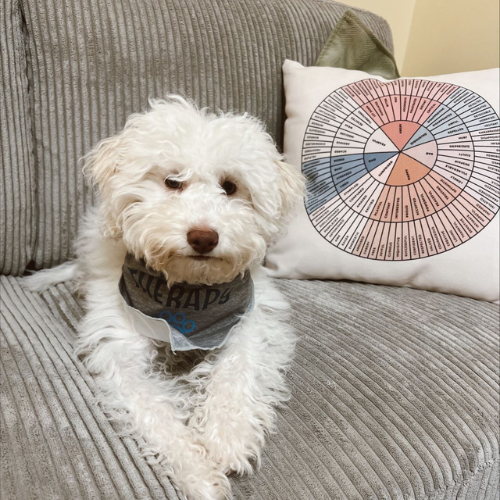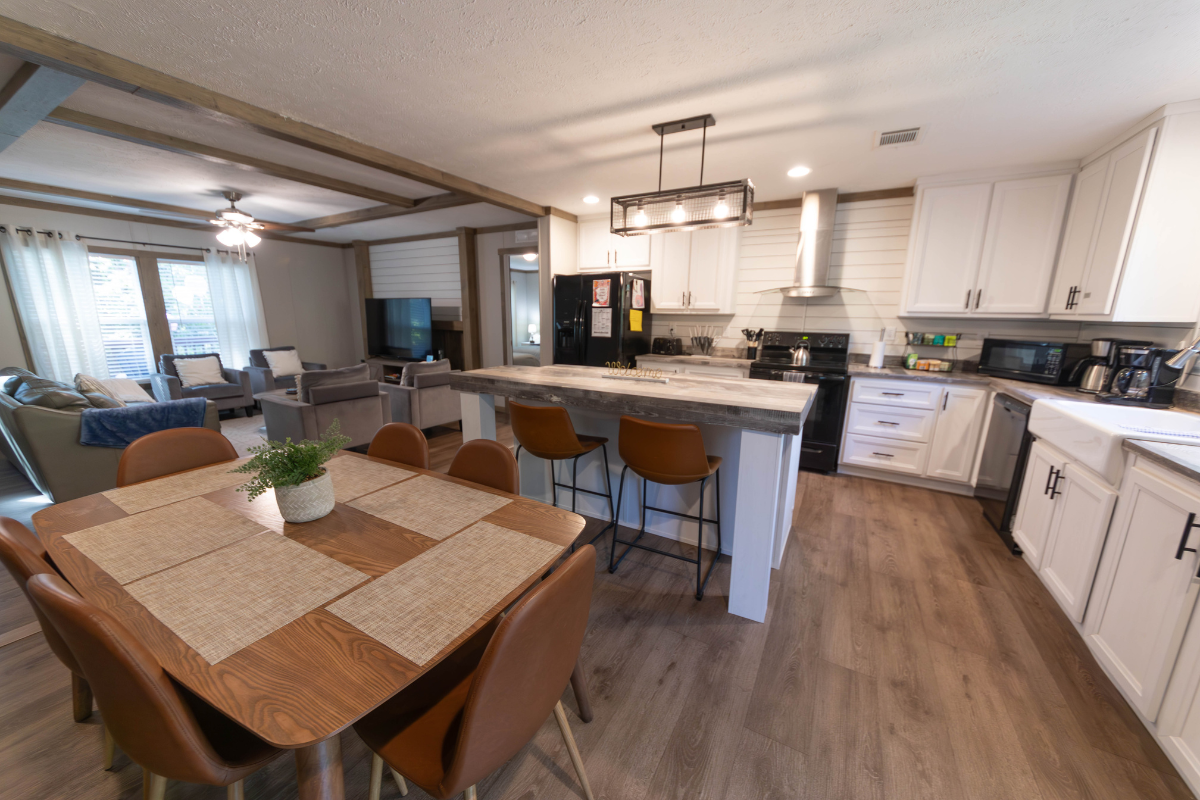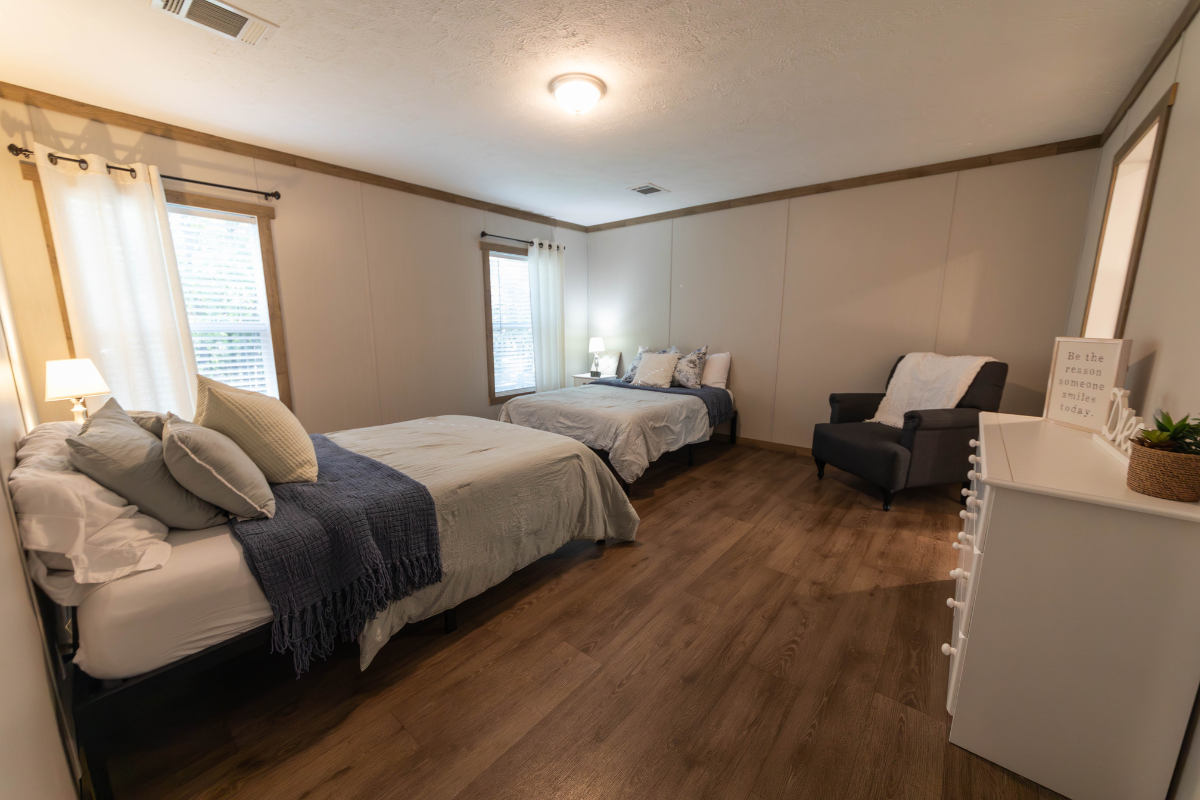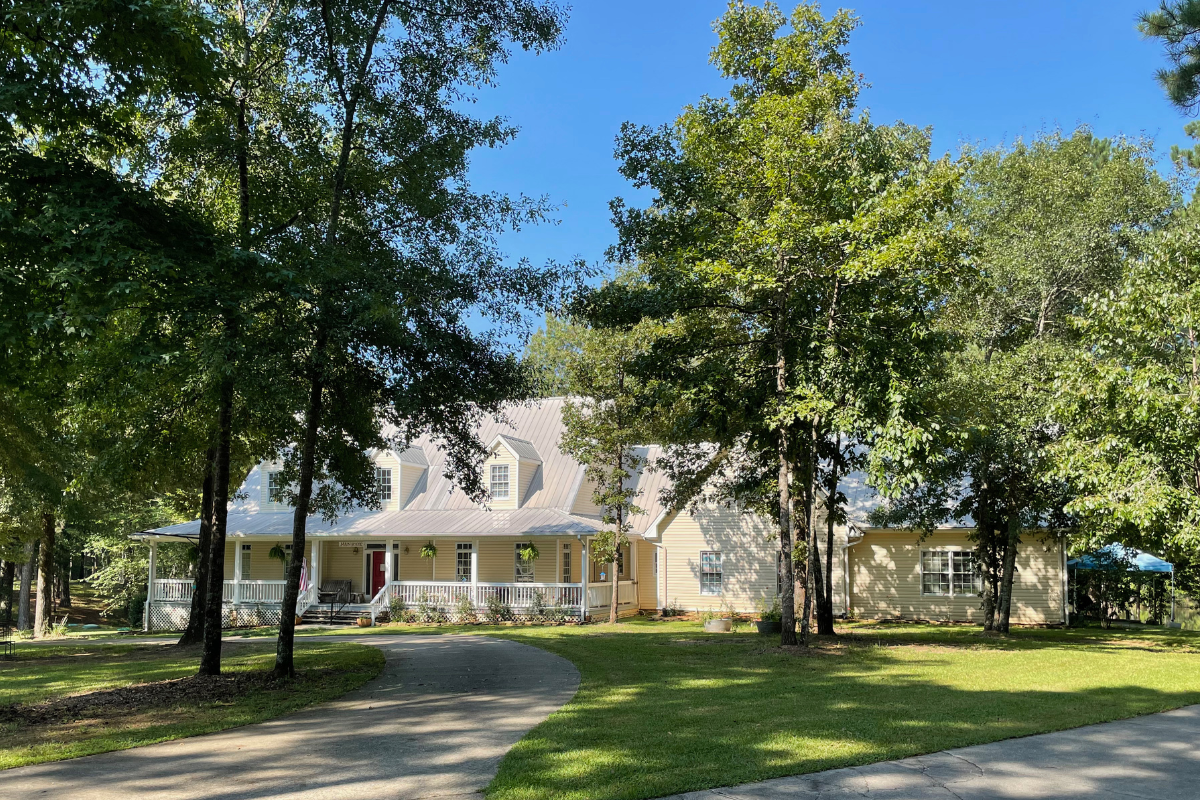Bulimia Nervosa
Bulimia nervosa is a serious eating disorder characterized by dangerous cycles of bingeing and purging.
Bulimia nervosa treatment at Magnolia Creek
Magnolia Creek provides comprehensive, individualized bulimia nervosa treatment in a tranquil, natural environment. Our expert clinicians develop tailored treatment plans that address the underlying causes of bulimia, combining evidence-based therapies with compassionate care. Clients are empowered to break the binge-purge cycle, set meaningful goals, build healthier relationships with food and body, and find lasting freedom from disordered eating.

About bulimia nervosa
- Bulimia nervosa can affect both sexes, but disproportionately affects females. It typically develops during adolescence or early adulthood, with a median age of onset of around 12.4 years.
- Bulimia nervosa often develops during times of stress or when life feels unmanageable, serving as a way to regain a sense of control. This may explain why individuals in marginalized or minority populations may face heightened vulnerability.
- Approximately 3.9% of individuals with bulimia nervosa die from complications related to the disorder. The high mortality rate highlights the importance of early intervention and comprehensive treatment to address both the physical and emotional aspects of the disorder, as well as any co-occurring disorders.
- Only 6% of individuals with bulimia nervosa seek professional treatment.
FAQs about bulimia nervosa
What is bulimia nervosa?
Bulimia nervosa is a complex eating disorder characterized by repeated episodes of binge eating — consuming large amounts of food in a short period — followed by compensatory behaviors such as self-induced vomiting, excessive exercise, fasting, or misuse of laxatives to prevent weight gain. Individuals with bulimia often feel a loss of control during binges and experience intense guilt or shame afterward.
Despite often maintaining a “normal” body weight, bulimia can cause serious medical complications, including electrolyte imbalances, gastrointestinal issues, and heart problems. The disorder is rooted in both psychological and biological factors and requires comprehensive, individualized treatment to address its underlying causes.
What are the signs + symptoms of bulimia?
Bulimia nervosa often goes unnoticed due to the secrecy surrounding its behaviors. Recognizing the signs and symptoms can be life-saving and is the first step toward healing. Common signs and symptoms include:
- Repeated episodes of binge eating followed by purging (vomiting, laxative use, fasting, or excessive exercise)
- Preoccupation with body weight, shape, and food
- Frequent trips to the bathroom after meals
- Swelling in cheeks or jaw area from frequent self-induced vomiting
- Eroded tooth enamel or dental issues
- Gastrointestinal problems or a chronic sore throat
- Mood swings, anxiety, or depression
- Secrecy around eating habits and shame about food behaviors
- Fluctuations in weight, often within a normal range
If you notice these patterns in yourself or a loved one, professional treatment can help restore physical and emotional well-being.
When is it time to seek professional support for bulimia?
Knowing when to seek help for bulimia nervosa can be difficult, especially when symptoms are hidden. But early intervention is crucial for long-term recovery and healing.
- Engage in frequent bingeing and purging episodes
- Feel out of control around food or unable to stop disordered behaviors
- Experience guilt, shame, or anxiety related to eating
- Have physical symptoms like fatigue, dizziness, or gastrointestinal distress
- Notice disruptions in daily life, relationships, or work/school
- Avoid meals or social situations involving food
- Have tried to stop disordered eating patterns outside of formal treatment, but have been unable to do so
It’s important to remember that getting help isn’t a sign of weakness — it’s a courageous step toward lasting recovery.
Step into healing at your own pace.
Magnolia Creek offers two distinct levels of care — residential treatment and partial hospitalization — with a focus on tailoring each client’s treatment plan to their unique diagnosis and recovery goals.
How We Treat
More Resources

Understanding the Signs + Symptoms of Anorexia Nervosa

When Healthy Becomes Harmful: Understanding Orthorexia

When Do Eating Disorders Become Life-Threatening?
Renew your hope at Magnolia Creek.
Begin your journey toward a healthier, more hopeful future. Contact us today or complete our form to connect with an admissions specialist who will guide you to the right program. Healing is just a call away.
Complete our contact form
Your privacy is our priority. All communication is completely confidential.












































